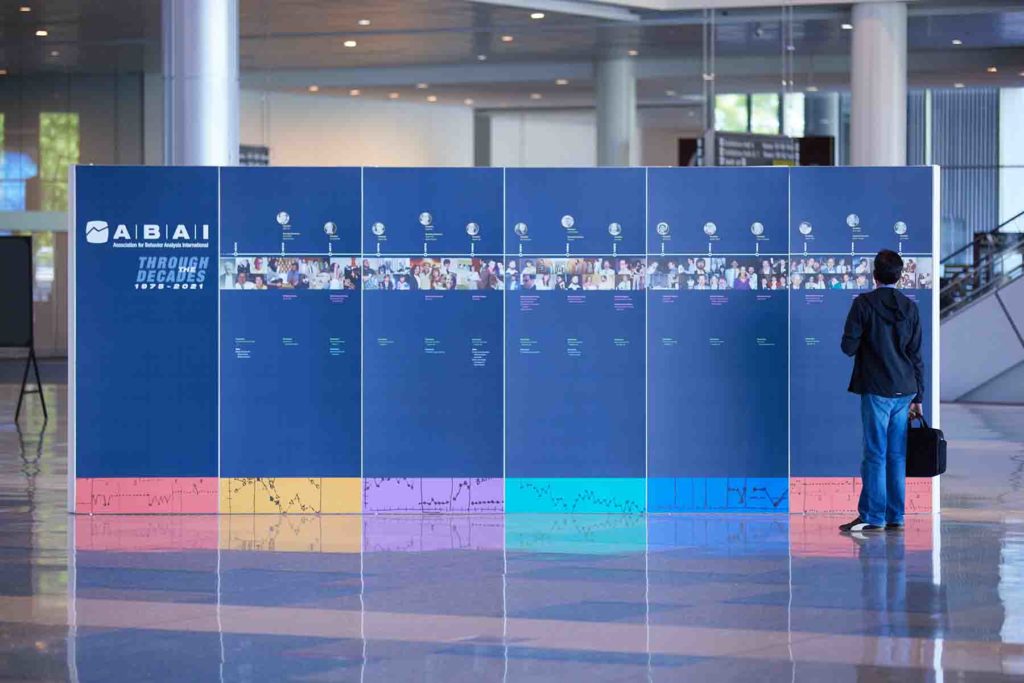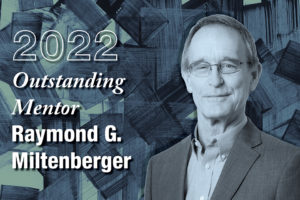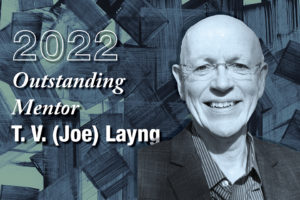President’s Column: A Time to Dance, a Time to Mourn

Boston Event Photographer
By Ruth Anne Rehfeldt
Following the long and testing years of 2020 and 2021, ABAI resumed its annual international convention in Boston, MA this past May. With the number of in-person conferences around the world still paling in comparison relative to that prior to the onset of the worldwide pandemic, ABAI boldly and competently delivered its first live annual convention in three years, second only to the autism conference that was held in Seattle, WA this past March.
Many among the 4,031 conference attendees (including 361 international travelers and 1,088 student members) were reunited with friends, colleagues, and mentors who they had not seen in several years. Conference attendees enjoyed the long-awaited chance to participate in interesting intellectual discussions in ways more engaging than the digital interactions of the past few years may have enabled. The number of reunions—25 in total—and the number of people who attended multiple reunions is evidence of the fact that our members relished the social opportunities that come from being a part of a scientific community, experiences that many of us desperately missed during the pandemic. The 48th Annual Convention for many was a much-anticipated time to dance, to be sure. This dance could not have happened were it not for the tireless work of Dr. Maria Malott and the ABAI staff, who consistently strive for perfection and never fail to deliver when it comes to ABAI events.
The contributions of many talented behavior analysts were celebrated at the 48th Annual Convention’s Opening Event and Society for the Advancement of Behavior Analysis Award Ceremony. SABA award winners included the following: Deisy de Souza (Distinguished Service); Stephen Higgins (Scientific Translation); Carbone Clinic (International Dissemination); and Drake University (Enduring Programmatic Contributions). In addition to honoring the aforementioned award recipients, the Opening Event was also a time to mourn, as we honored the many individuals in our field who passed on over the last few years*. Taking time to recognize these individuals and reflect on their contributions as behavior analysts and humans revealed that our field would not be what it is today without each and every one of them. The longevity of the discipline will be defined by the legacy that the friends whose passings we mourned left behind.
Coming out of the worldwide pandemic, it was inspiring to see such a myriad of presentations related to the application of behavioral principles to sociocultural challenges, including, for example, analyses of cultural practices during the pandemic. Also presented were investigations of other equally urgent areas of social concern, including human trafficking, addictions, gun violence in schools, and sustainability, among others. The conference further showcased exceedingly admirable efforts to extend the science of behavior into new domains, including public health, robotics, industry, artificial intelligence, and the study of behavioral interactions in cyberspace. Hopefully the dissemination of such work as occurred at the convention will further occasion the expansion of behavior analysis to more and more new areas of sociocultural relevance. The time is ripe for further expansion; indeed, such expansion is critical for our efforts to promote cultural well-being and resonates with the early behaviorists’ hopes for the breadth and vitality of the field.
ABAI continues its DEI initiatives, including the past year’s Scholarly Contributions to Diversity, Equity, and Inclusion Paper Competition. The purpose of this now two-year-old competition is to encourage, promote, and reward behavior analytic scholarship on topics and issues in DEI, both in the field of behavior analysis and more broadly. The 48th Annual Convention highlighted the work of the 2022 award winners, including Daniel Kwak and Kwang-Sun Blair (University of South Florida), whose paper was entitled “Cultural Responsiveness in Assessment, Implementer Training, and Intervention: A Systematic Review;” and Mariela Castro-Hostetler and Bethany P. Contreras (University of Nevada, Reno), whose presentation was entitled “Understanding the Role of Cultural Values in Applied Behavior Analysis Service Delivery from Latinx Families.” The potential for future research related to the practices of DEI in the science of behavior are limitless, and we hope to see such work submitted to the 2023 paper competition.
As disease and conflict continue to characterize our seemingly modern world, a most memorable presentation for me was the Presidential Scholar Address, which was delivered by Cynthia Fast of APOPO. Dr. Fast shared the incredibly successful research program launched in multiple countries by APOPO, in which giant pouched African rats are trained to identify, using their keen olfactory discrimination skills, tuberculosis and landmines. Dr. Fast elucidated the highly systematic teaching procedures used by APOPO to establish sophisticated repertoires of olfactory discrimination, as well as their data-driven approach to evaluating the rats’ performance. Moreover, she also shared details on the program’s successes, including the thousands of landmines and cases of tuberculosis detected by the rats to date. The implications of the program’s work for the economic development, safety, health and well-being of the communities served cannot be understated. New areas of application include teaching the rats to detect environmental pathogens and to aid in search and rescue efforts. This presentation demonstrates the impact that the science of behavior can have in humanitarian efforts, underscoring the fact that behavior scientists are prepared to rise to the challenges of our times. Through its careful efforts in research and evidence-based evaluation, APOPO is an inspiration for us all for what an effective, socially valid technology of behavior change might look like.
In my own address I outlined a research agenda for “scaled up” cultural-level applications of Relational Frame Theory and Acceptance and Commitment Training, with an eye towards the role that values play in shaping the longevity of not only our culture, but our own respective scientific community. Clarifying our own values as a field, discipline, and organization is important as our world changes and we reaffirm our commitment to contributing “to the well-being of society by developing, enhancing, and supporting the growth and vitality of the science of behavior analysis through research, education, and practice” (Association for Behavior Analysis International Communications Policy)—in other words, to the mission of ABAI and its efforts to promote the principles of our science for the betterment of society.
I look forward to seeing you in another season.
For images from the 48th Annual Convention, please visit our online gallery.


